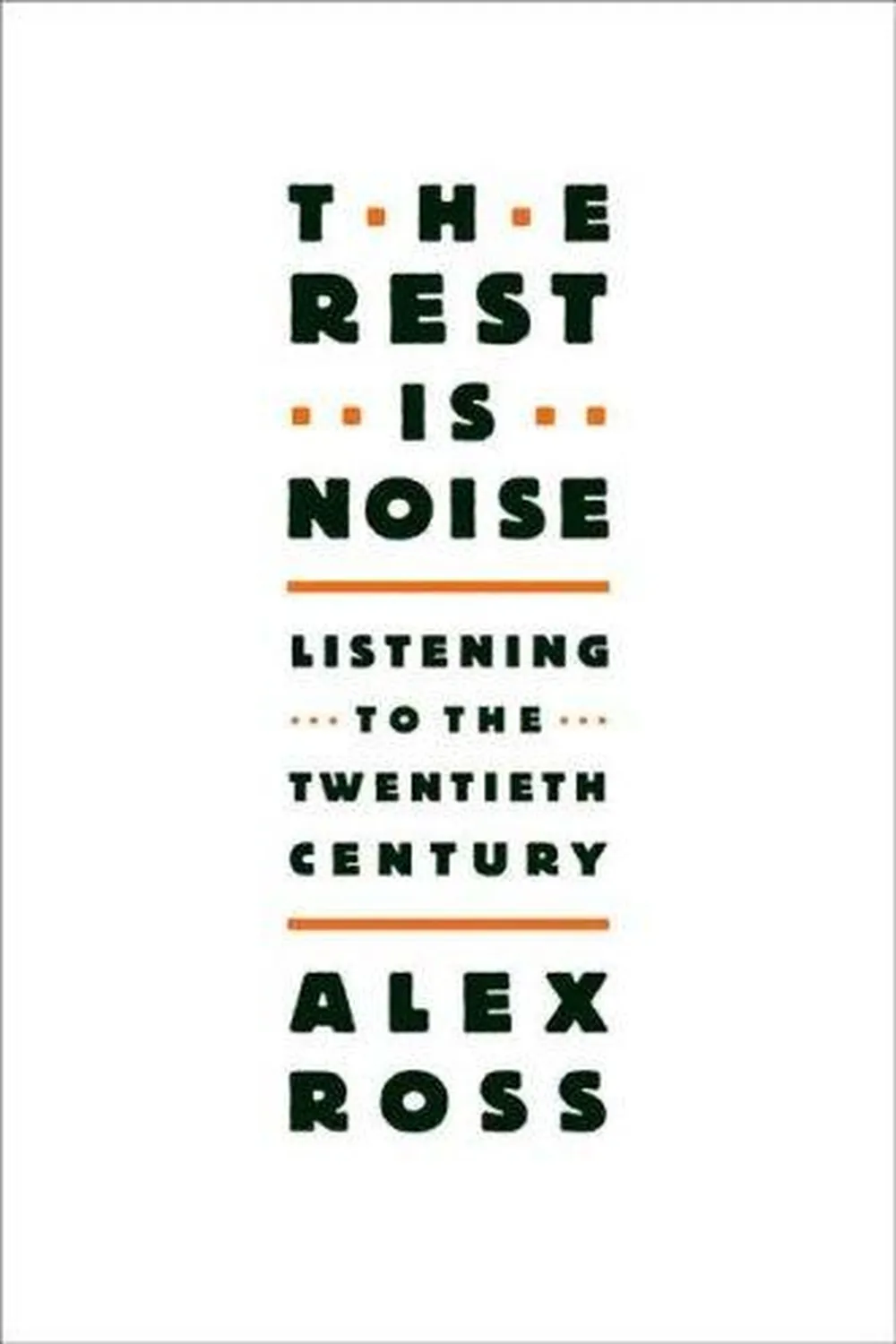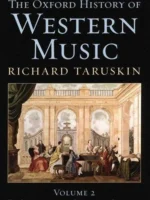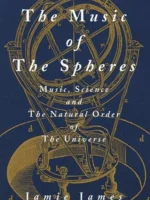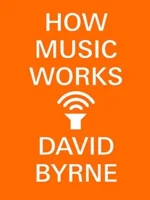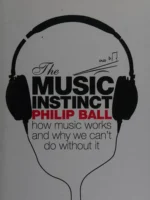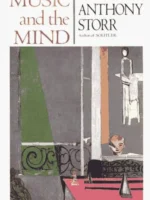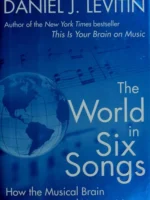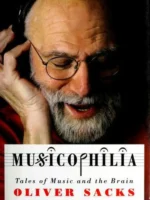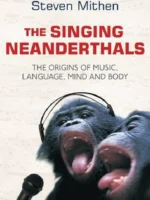The Rest Is Noise Review
The Rest Is Noise by Alex Ross is a sweeping history of 20th-century classical music: politics, technology, and aesthetics colliding in sound. It translates a dense century into narrative without dumbing it down.
Overview
Ross moves from Mahler and Strauss to Schoenberg and the Second Viennese School, through Stravinsky, American modernists, Soviet composers under censorship, postwar avant-garde, minimalism, and late-century pluralism.
Summary
Chapters tie compositional revolutions to world events: atonality and rupture, rhythm and primitivism, propaganda and survival, tape and electronics, the New York schools, Reich/Glass minimalism, and cross-genre pollination. Listening guides and portraits make techniques approachable.
Authors
Alex Ross, longtime music critic, writes with lyrical clarity and encyclopedic context. He invites listening rather than gatekeeping.
Key Themes
Modernism’s break with tonality; art under ideology; technology as instrument; America’s rise; the pendulum between austerity and accessibility.
Strengths and Weaknesses
Strengths: narrative drive, fair portraits, and practical pointers for listening. Weaknesses: inevitable omissions, and some technical analysis is light for specialists. Ideal as a map, not a monograph.
Target Audience
Listeners, students, and creators who want cultural and musical context to hear the 20th century anew.
Favorite Ideas
Hearing politics in harmony; minimalism as radical simplicity; technology expanding timbre and form.
Takeaways
Context changes how we hear. Follow the stories, then the scores: modern music becomes legible when history, technology, and aesthetics align.

